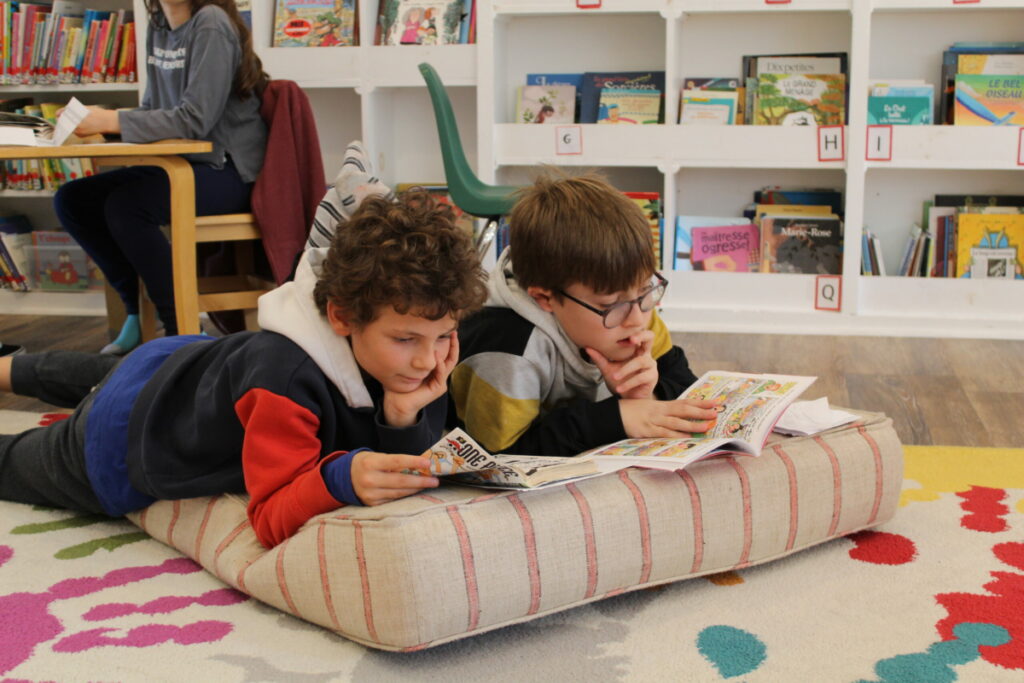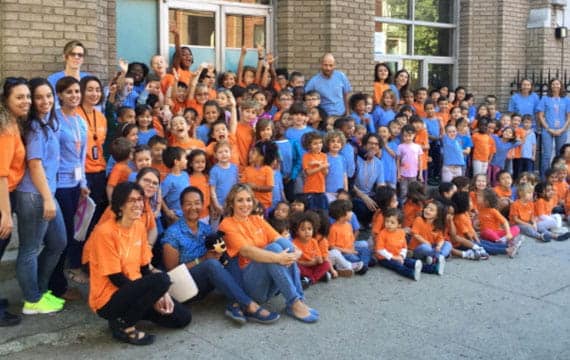Have you ever wondered how to make math sparkle in your child’s eyes, how to make them love numbers, and find beauty within logic?
Something amazing is happening in our classrooms that’s transforming how children fall in love with numbers! Play is a natural and essential part of every child’s development, serving as a fundamental pathway to learning and understanding the world around them. Here, at the French American Academy, we harness this innate behavior to create meaningful mathematical experiences that go beyond traditional skill practice! The Secret Ingredient? Games!
Table of contents

The Power of Mathematical Play for a Child
Young children are natural explorers who spend their days investigating their surroundings through play. From stacking blocks to engaging in dramatic play, these activities lay the groundwork for mathematical thinking. By age four or five, children become fascinated with structured games that have rules, such as Tag, Hide-and-Seek, and board games.

Picture this: five-year-olds, giggling as they compare numbers using special bags and cards. They’re not just playing – they’re discovering mathematical mysteries! Our “Bag It!” game has become a classroom favorite, where children naturally explore number relationships while having an absolute blast. They compare numbers using specially designed bags and cards. As they play, they naturally begin to understand hierarchical relationships between numbers. What starts as simple counting evolves into sophisticated mathematical thinking about quantity and value.

Why Games Work in Math Education
Why Games? Because They Work! While many early childhood programs use games primarily for skill reinforcement, our approach is distinctively different. We view games as open-ended opportunities that foster rich mathematical discussions and creative problem-solving. This perspective transforms simple card games and counting activities into powerful learning experiences that encourage children to think deeply and develop new strategies.
Gone are the days of dreary worksheet drills. Our approach taps into what children do naturally – explore, question, and have fun! From the moment they walk into class until they wave goodbye, our little mathematicians are immersed in purposeful play that makes numbers come alive and creates positive memories about numbers!

Cooperative Learning Through Play – How We Make Math Playful
One of the unique aspects of our mathematical games approach is the emphasis on cooperation rather than competition. When children play together collaboratively, they:
- Share strategies and explain their thinking
- Help each other discover new solutions
- Build confidence in their mathematical abilities
- Develop communication skills

The Role of Teachers
Our teachers carefully craft each gaming experience to maximize learning opportunities. They:
- Observe and support children’s strategies
- Ask thought-provoking questions
- Guide discussions about mathematical concepts
- Create an environment where risk-taking is encouraged
We’ve designed our games to be both challenging and achievable, allowing children to explore mathematical concepts at their own pace. For example, our simple card games can evolve into rich experiences where children discover number relationships and develop early algebraic thinking.
Supporting Math Learning at Home
Parents can extend these mathematical experiences beyond the classroom and create them at home:
- Playing traditional board games with mathematical twists
- Encouraging children to explain their thinking during play
- Creating opportunities for cooperative rather than competitive gaming
- Celebrating different strategies for solving problems
- Turn everyday objects into counting games
- Ask “what if?” questions during playtime
- Celebrate when your child finds different ways to solve problems
- Make game time a regular part of your family routine
Remember, every game of cards, every pattern created with blocks, and every collaborative problem-solving session is building your child’s mathematical foundation. By embracing play as a learning tool, we’re not just teaching mathematics – we’re inspiring a lifelong love for mathematical thinking and discovery.

Creating Lasting Mathematical Foundations
Our experience shows that when children engage with mathematics through purposeful play, they develop a deeper understanding and genuine enthusiasm for the subject. This approach doesn’t just teach numbers – it nurtures mathematical thinkers who are ready to tackle complex concepts with confidence and joy!
The Real Magic?
Children don’t realize they’re developing sophisticated mathematical thinking – they’re just having fun! When Susie exclaims, “Because one is the littlest, it can’t beat anybody!” she’s actually discovering hierarchical number relationships through play.
Let’s make math magical together, one game at a time! After all, isn’t it wonderful when learning feels like playing?
The end note: Next time your child says, “Let’s play!” remember – they might just be on their way to becoming a mathematical genius! Click HERE to see our 12 minute video showing an image of the magic of math game.







